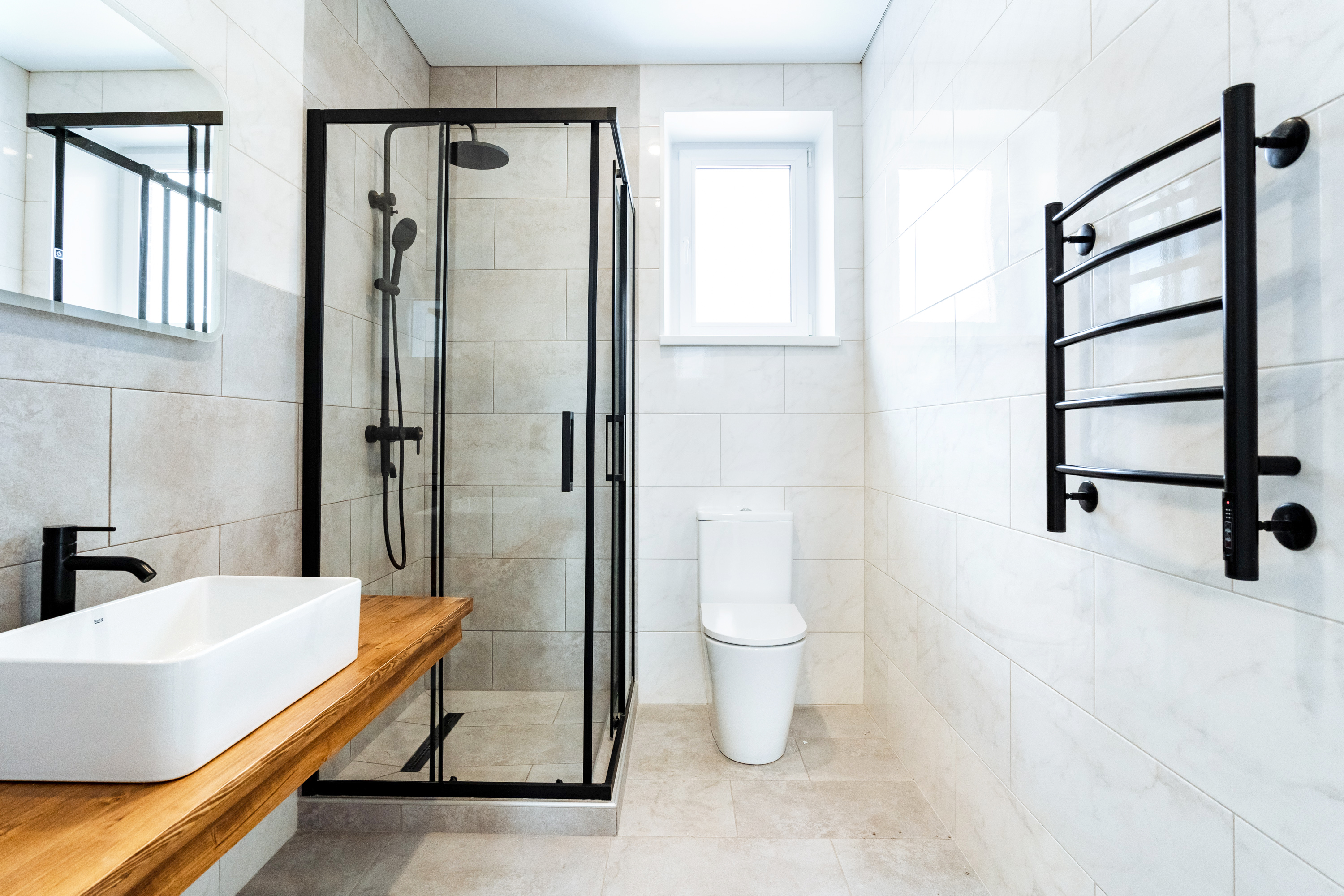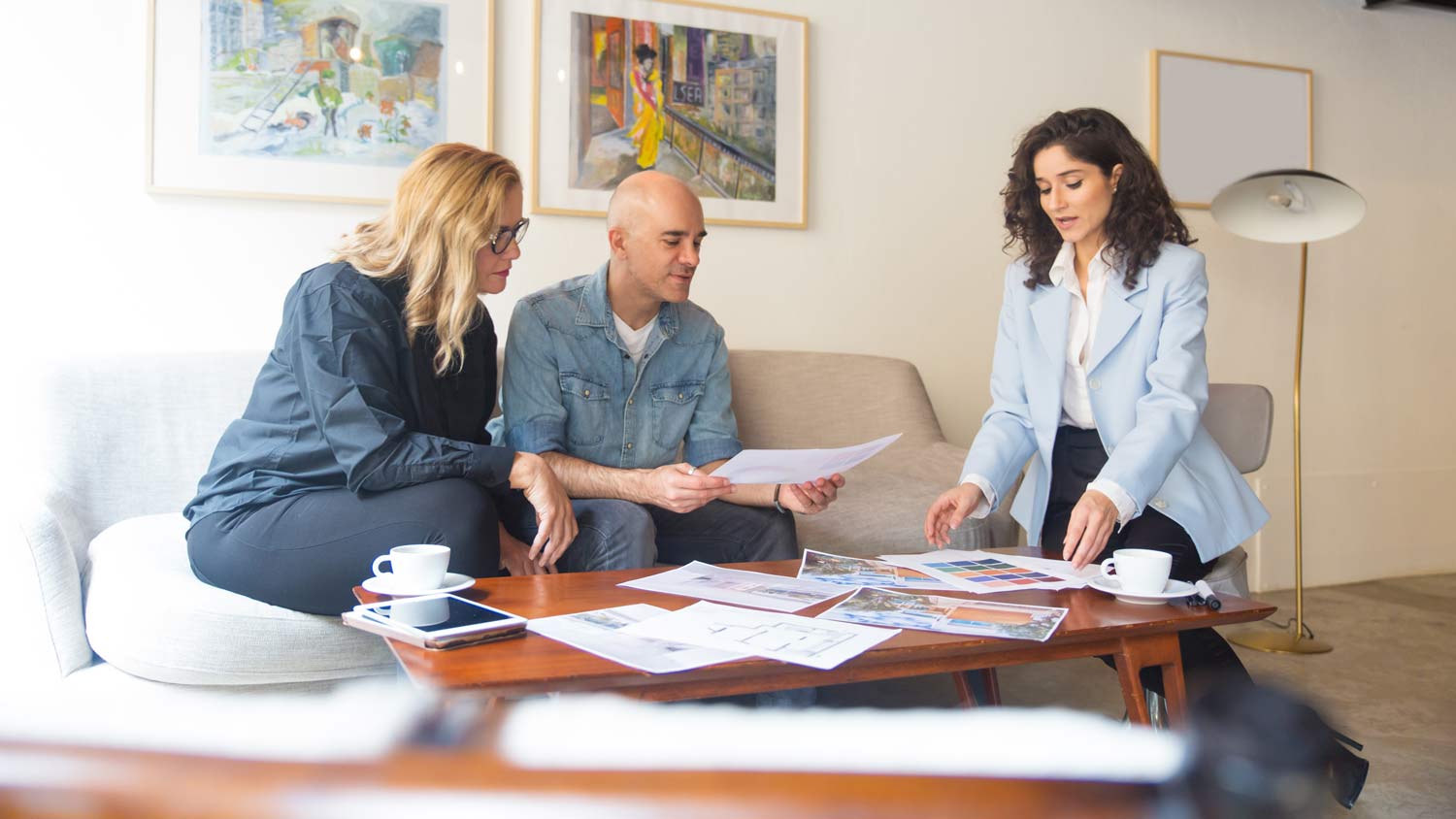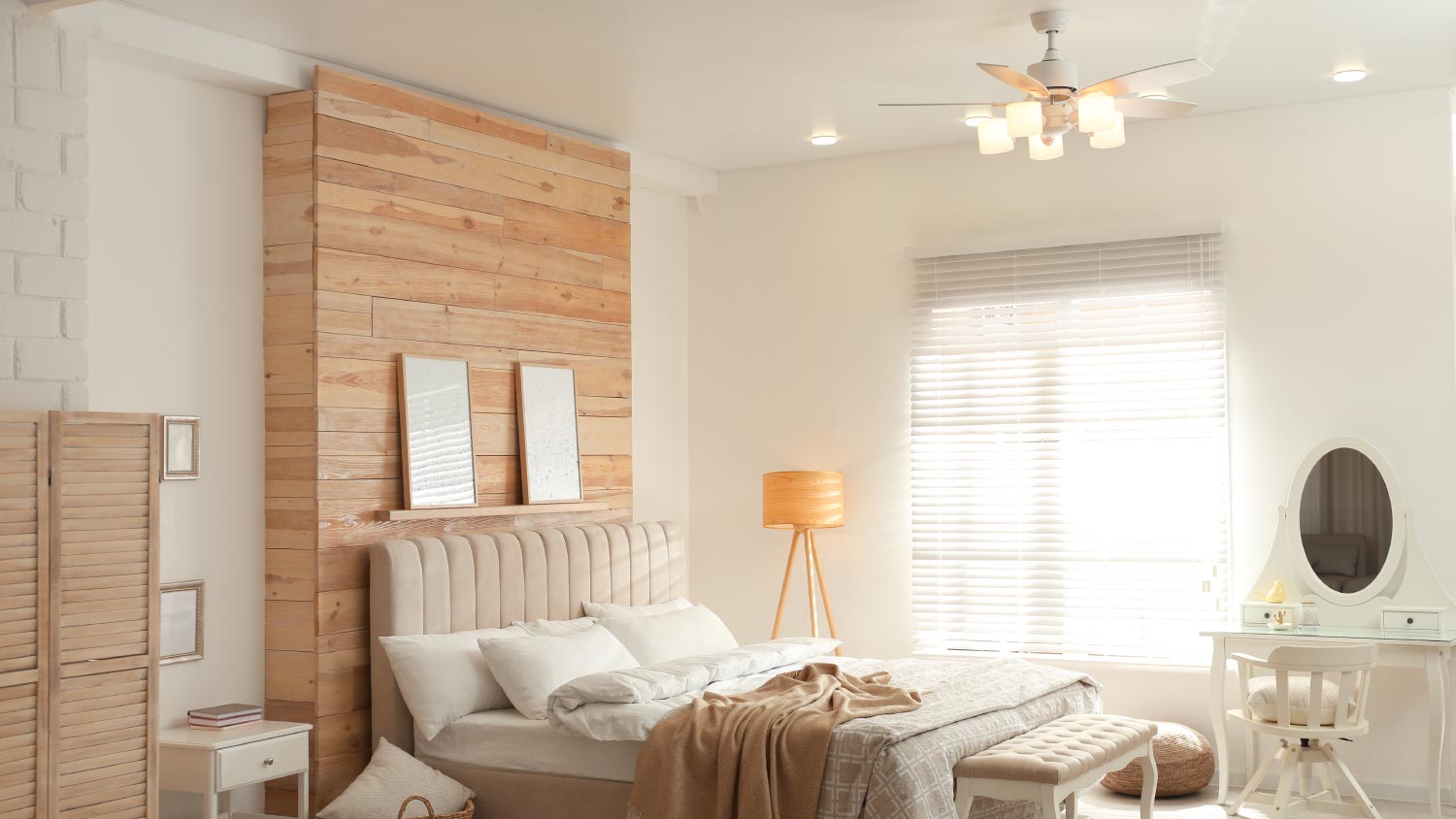
Discover the cost to design a bathroom, including key price factors, to help you plan your remodel with confidence and avoid budget surprises.
Interior design and decorating costs depend on your project and location. Check with a local pro for your specific job.
The cost to remove an acoustic ceiling varies based on ceiling size, asbestos, and finish options.
Homeowners pay $1 to $7 for acoustic ceiling removal, but post-removal repairs and finishing can drive this cost higher.
Asbestos requires professional remediation and increases total acoustic ceiling removal costs.
This article was created using automation technology and thoroughly fact-checked and edited by an Angi Editor in accordance with our AI policy.
The average cost to remove an acoustic ceiling is $2,000, ranging from $300 to $5,800. Homeowners pay $1 to $7 per square foot, depending on ceiling size, height, and factors. Labor costs range from $15 to $40 per hour, and additional needs like asbestos removal or special finishes can be another $75 to $200 per hour on top of normal labor.
When planning for acoustic ceiling removal, several factors directly impact the final price.
The type of acoustic ceiling you have makes a big difference in removal cost. Standard popcorn ceilings are easier and less expensive to remove than paint and other textures, which require more time and effort. If your ceiling is painted or has been repaired in the past, removal will take longer and may require extra steps to avoid damaging the drywall underneath.
A major cost driver is asbestos. Many acoustic ceilings installed before the 1980s contain asbestos fibers, which require specialized removal and disposal. This can double or triple the cost compared to non-asbestos ceilings due to strict safety regulations and certified handling.
The size of your ceiling is one of the most straightforward cost factors. Removal is priced per square foot, so larger projects like whole-house removal cost more overall but may benefit from volume discounts. Smaller jobs, such as a single bedroom, often have minimum service fees.
For example, a bedroom ceiling costs less to remove in total but more per square foot due to minimum service fees. A living room falls in the middle, while an entire house can offer the lowest per-square-foot rate.
| Ceiling Size (Sq. Ft.) | Estimated Removal Cost |
|---|---|
| 100 | $100–$600 |
| 250 | $250–$1,500 |
| 500 | $500–$3,000 |
| 1,000 | $1,000–$6,000 |
| 1,500 | $1,500–$9,000 |
| 2,000 | $2,000–$15,000 |
Labor is a significant portion of your project cost. General contractors and ceiling specialists charge $1 to $7 per square foot for standard removals. If asbestos is present, certified abatement teams charge $5 to $20 per square foot or $75 to $200 per hour due to the added safety measures and disposal protocols.
Labor rates vary by region, with urban and high-demand areas charging more. The complexity of your project—such as high ceilings, tricky corners, or limited access—can increase labor time and cost. Small projects often have a minimum labor charge.
Preparing your space is essential to keep dust and debris contained. Prep work includes moving furniture, covering floors and walls, and sealing off adjacent rooms with plastic sheeting. For standard removal, these steps are quick and may be included in your estimate.
If asbestos is confirmed, additional prep is required. Negative air machines, air quality monitoring, and full containment increase both time and cost. In some cases, temporary relocation during asbestos removal may be necessary for safety.
After removal, it’s common to find ceiling cracks, nail pops, or water damage that needs repair. Fixing small issues can cost as little as $150, depending on severity. If mistakes occur during DIY removal, such as gouges or uneven surfaces, repairs may cost more. More significant structural damage or water damage costs up to $4,500 to repair.
Several other elements can increase your overall project cost, including:
Demolition and debris removal
Post-removal cleanup
Permits and inspections
Replacing or patching damaged drywall
Skim coating, painting, or installing new texture
Adjustments to lighting, HVAC vents, or sprinkler systems
Deciding between DIY and professional removal depends on your comfort level, skills, and the condition of your ceiling. DIY removal can save on labor costs, reducing your expenses to materials, tool rental, and disposal fees.
DIY is only recommended for small, non-asbestos areas where you feel confident in your abilities, but hiring a pro for acoustic ceiling removal is the safest and most effective choice for anything involving asbestos, large ceilings, or complex layouts. DIY risks include asbestos exposure, injury, improper disposal, and poor finish quality. If asbestos is present, DIY is not safe or legal—certified abatement is required by law. Correcting mistakes can be costly and exceed the price of hiring a pro in the first place.
Professionals bring expertise, safety equipment, and efficiency. They handle prep, removal, cleanup, and repairs, which can be especially important for large or complex projects.
Looking to keep your project budget in check? Consider these practical tips:
Get multiple quotes from licensed professionals to compare prices.
Test for asbestos before starting to avoid costly surprises.
Bundle removal with other home improvement projects for potential discounts.
Prepare the room yourself to save on prep fees.
Choose a simple ceiling finish post-removal to minimize finishing costs.
Schedule removal during off-peak seasons for better rates.
Consider partial removal to reduce the total cost.
Home is the most important place on earth, which is why Angi has helped more than 150 million homeowners transform their houses into homes they adore. To help homeowners with their next project, Angi provides readers with the most accurate cost data and upholds strict editorial standards. We extensively research project costs to develop the pricing data you see, so you can make the best decisions for you and your home. We rely on reputable sources, including the U.S. Bureau of Labor Statistics, academic journals, market studies, and interviews with industry experts—all to ensure our prices reflect real-world projects.
Want to help us improve our cost data? Send us a recent project quote to [email protected]. Quotes and personal information will not be shared publicly.
From average costs to expert advice, get all the answers you need to get your job done.

Discover the cost to design a bathroom, including key price factors, to help you plan your remodel with confidence and avoid budget surprises.

How much does an interior designer cost? Discover average prices, cost factors, and tips to help you budget for your next home design project.

The cost to replace trim depends on factors such as style, material, and whether you hire a pro. Find out what your budget could look like for this project.

If you’re getting ready to install some trim or molding inside your home, here are some of the questions you should expect to discuss with a pro.

Create a stunning and functional home or remodel with an interior designer. Follow these common interior design questions to prepare for working with a pro.

Discover the average cost of stretch ceiling installation, key price factors, and ways to save. Get transparent pricing to plan your stretch ceiling project.